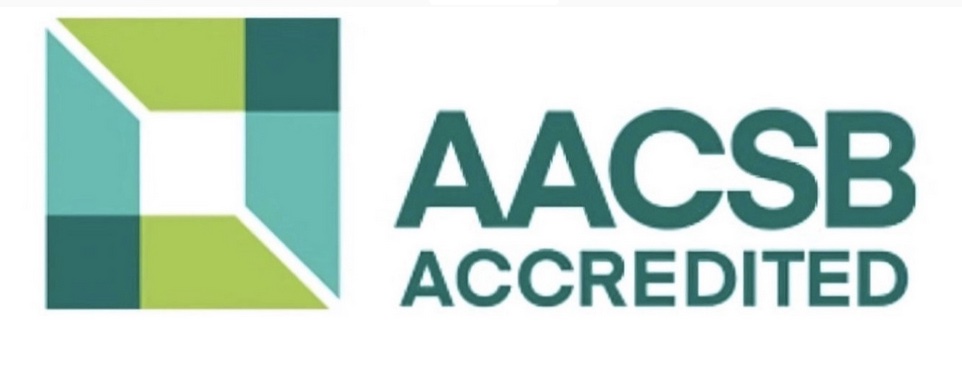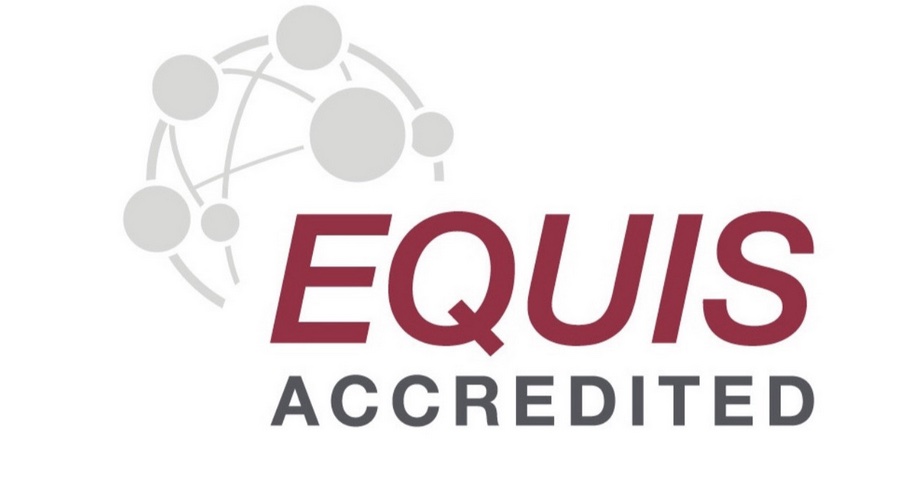Shaping global leaders through innovative business education and research
The Department of Management combines world-leading expertise in business innovation, entrepreneurship, health services management, employment relations, and human resources to deliver an education that is globally recognised and highly relevant. With a focus on sustainability, adaptability, diversity, and ethics, we empower our students to navigate and lead in dynamic business environments from an Asia-Pacific region and beyond perspective.
We are recognised as Australia's top research institution in the field of Strategic Management (The Australian Research Magazine, 2026) and are at the forefront of informing policy, business practices and regulations, ensuring our graduates are equipped to tackle the challenges of both domestic and global markets. Through our strong industry partnerships and innovative teaching, we foster the skills, knowledge, and networks needed to drive meaningful impact in the business world.
Areas of expertise
Featured collaboration project
We have recently installed a state-of-the-art mixed-reality simulation platform at our Gold Coast campus (G42), as part of the ARC LIEF project “DynaMix-FM.”
This collaborative project bringing together Griffith University, QUT (Queensland University of Technology), The University of Queensland, University of Wollongong, Telstra and RACQ to build a pioneering research facility.
The goal? To support world-class research, training and education in connected, automated, and electrified transport and logistics systems.
By linking real-world vehicle testing at the RACQ Mobility Centre with digital simulations across universities, this project is creating a powerful hybrid "digital twin" framework, pushing the boundaries of future mobility innovation.
Want to know more? Contact Dr Bobby Du.
Our expert staff
Our department is home to a talented and diverse team of experienced professors, researchers, and educators who are experts in their fields. We are at the forefront in global innovations in responsible, sustainable and inclusive business practices and a catalyst in transformational research, teaching and engagement.
Research
Our commitment to interdisciplinary and transformative research is evident in our approach, which combines expertise in global strategy, sustainable business, innovation, psychology and industrial relations. This comprehensive perspective enables us to deliver research solutions that not only advance professional practice but also achieve tangible and impactful outcomes.
Student opportunities
We offer many opportunities for students to get involved with our community, build professional and social networks, and enhance their business skills. We also offer a wide range of scholarships and awards to assist with the costs of study and living expenses.
Partnerships
Our strong relationships with partners in business, government and the community unlock mutually beneficial opportunities and practical solutions. These relationships play an important part in ensuring our graduates meet the demands of employers.
We work with our partners to:
- deliver industry specific postgraduate programs
- develop solutions for specific problems they may be facing
- facilitate roundtable discussions with local, state and federal politicians
- provide input into policies and strategy
Want to know more? Contact us at dept_of_management@griffith.edu.au
News
Oceania scholar, Adrine Monagi reflects on a remarkable journey to graduation
15 Dec 2025
A long way from her home in Papua New Guinea, Adrine Monagi’s journey as an athlete and scholar has...
Reflecting on leadership: Why taking stock now can shape a stronger 2026
10 Dec 2025
Every December, the professional world seems to split into two camps: those who race to the finish...
Griffith Asia Institute strengthens APEC Study Centre
09 Dec 2025
Griffith University has reaffirmed its long-standing commitment to the APEC region through the...
Student performance decline after shift to online NAPLAN testing
05 Dec 2025
Children from low-income groups were disproportionally disadvantaged by online testing,...
Contact the Department of Management
Brisbane South (Nathan)
- Location and postal address
- Business 1 (N50) 0.37
- Griffith University
- 170 Kessels Road, Nathan, QLD 4111 Australia
Brisbane City (South Bank)
- Location and postal address
- Level 3, S07
- Griffith University
- 223 Grey Street, South Bank, QLD 4101 Australia
Gold Coast
- Location and postal address
- Business 3 (G42) 6.18
- Griffith University
- Parklands Drive, Southport QLD 4222 Australia
- Student enquiries
- Student Connect
- Higher degree by research phone
- Freecall within Australia: 1800 154 055
- +61 7 3735 3817

